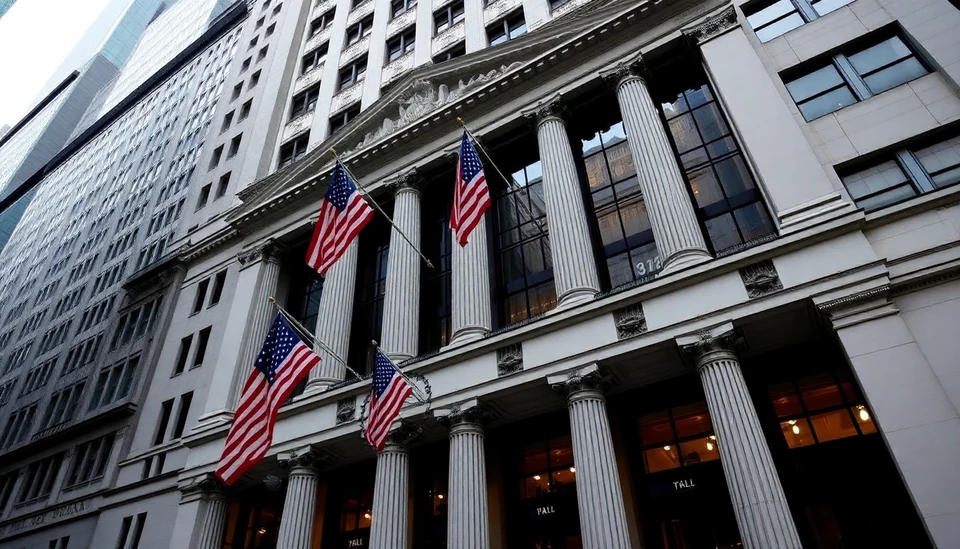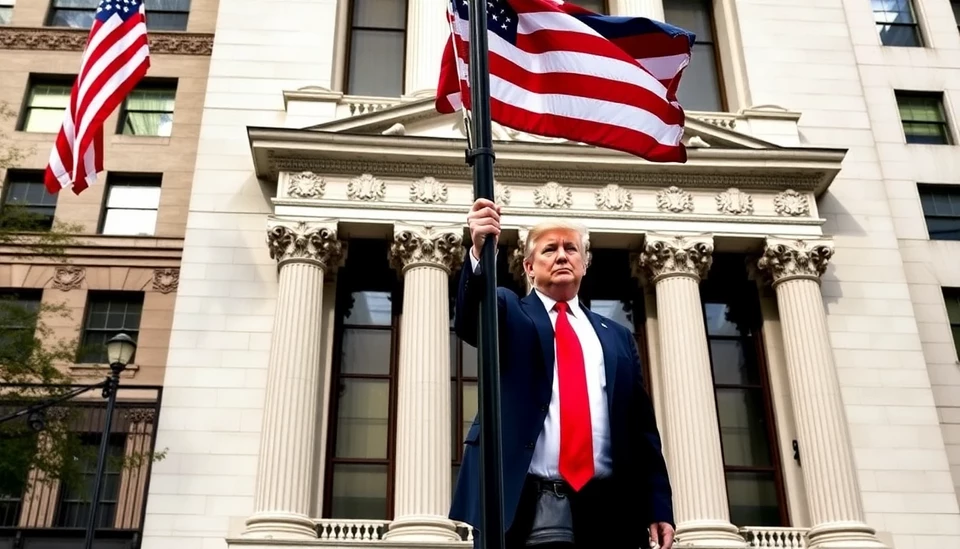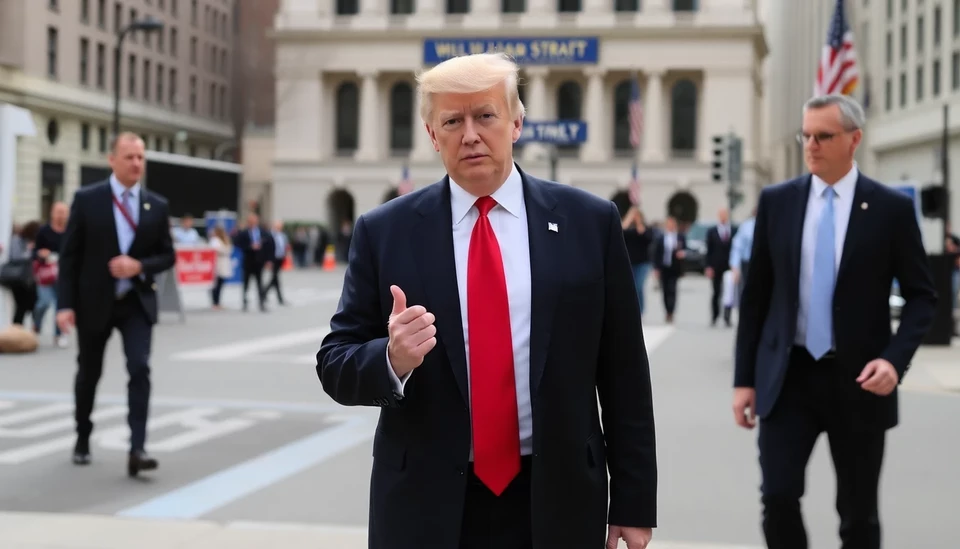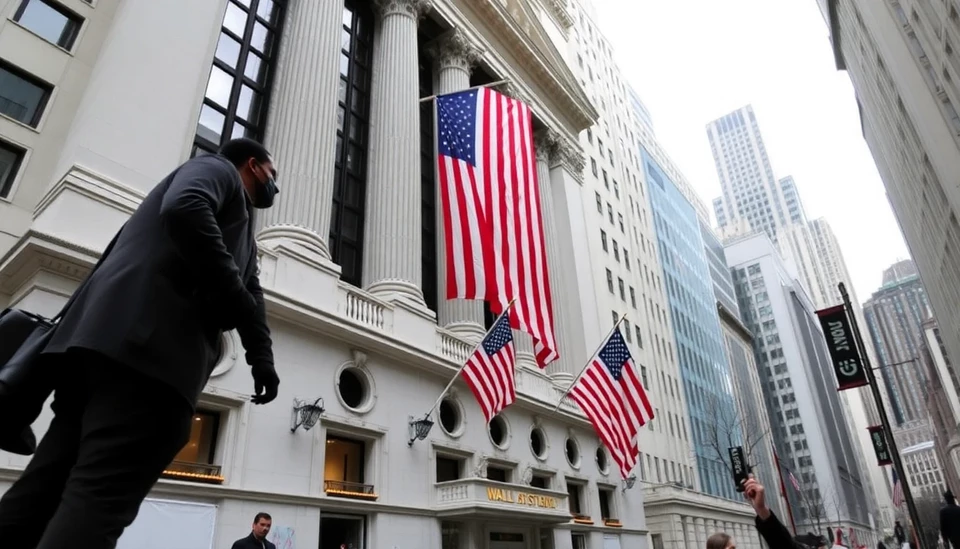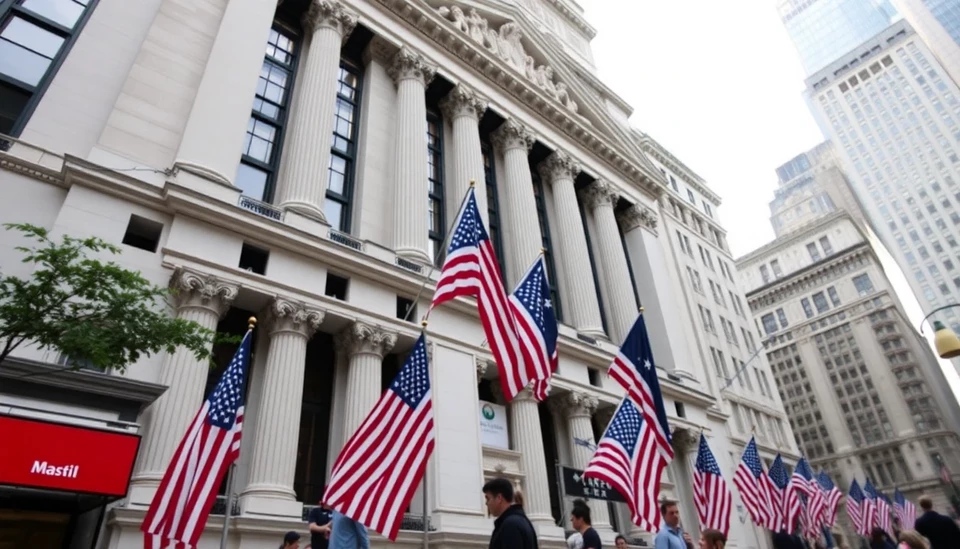
Recent reports indicate that Wall Street is experiencing a notable slowdown in deal-making activities, as persistent tariff disputes continue to exert pressure on the financial markets. This trend, coupled with looming economic uncertainties, is leading many in the industry to adopt a more cautious approach to mergers and acquisitions (M&A).
In the first quarter of 2025, the total value of M&A transactions dipped significantly compared to previous quarters. Analysts attribute this decline to the ongoing trade tensions between the United States and several significant global economies, which have created a climate of hesitation among potential deal-makers.
Financial experts suggest that the prolonged tariff battles have put companies on high alert, prompting them to reevaluate their strategies. As tariffs fluctuate and new trade policies emerge, many firms are opting to delay major financial commitments, resulting in a downward trend in deal volume. Smaller firms, in particular, are feeling the pressure, as they often rely heavily on favorable market conditions to facilitate growth through acquisitions.
Additionally, concerns regarding inflation and interest rates are compounding the issue. As the Federal Reserve grapples with the challenge of maintaining a delicate balance between fostering economic growth and containing inflation, uncertainty surrounding monetary policy further complicates the landscape for deal-making. Investors are treading carefully, and the resulting cautious optimism has led to a notable decrease in the number of proposed deals as companies assess their need for liquidity and flexibility in an unpredictable environment.
Moreover, major industries such as technology and retail, which often drive a significant portion of M&A activity, are now facing unique challenges related to both consumer demand and supply chain disruptions linked to tariff negotiations. For instance, tech companies are starting to consider the ramifications of potential restrictions on semiconductor imports, a sector heavily influenced by ongoing global trade dynamics.
Despite these headwinds, some analysts remain optimistic about the future of Wall Street deal-making. They believe that once clarity emerges from the current trade disputes, there could be a resurgence in M&A activities as companies seek to capitalize on new opportunities. Additionally, firms with strong balance sheets and strategic vision may find ways to leverage the circumstances to their advantage.
Ultimately, while the current landscape presents significant challenges, history has shown that Wall Street has a remarkable ability to adapt. As companies navigate these tumultuous waters, the hope remains that collaboration and innovation will prevail, paving the way for a renewed era of robust deal-making on Wall Street.
#WallStreet #Dealmaking #Tariffs #MergersAndAcquisitions #FinancialMarkets #EconomicUncertainty #TradeTensions
Author: Daniel Foster

